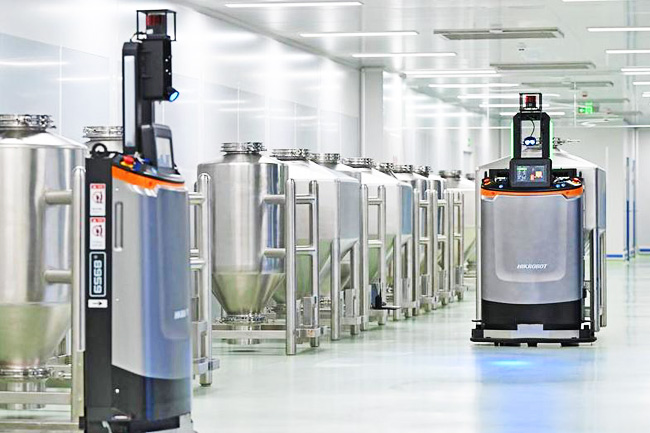XINHUA – A Chinese biopharmaceutical company has realised large-scale production of rice-derived albumin, turning the staple crop into a life-saving medicine that is usually extracted from human blood.
Medical scientists said the breakthrough will help alleviate China’s shortage of human serum albumin (HSA). HSA is a blood product vital in the treatment of a number of medical conditions, including haemorrhage and cancers, but its production has long been hampered by the limited supply of healthy people’s blood.
Healthgen Biotechnology, based in Wuhan, capital city of central China’s Hubei Province, said through genetic engineering technology, it can use a bag of rice (25 kilogrammes) to generate an amount of HSA equivalent to the content of five liters of plasma.
“We use the rice as a bioreactor, or more plainly, a protein production workshop. We implant human genes into the rice plant to produce HSA and other proteins,” said Healthgen Biotechnology chairman Yang Daichang.
“Currently, our annual production capacity can reach 10 tonnes of HSA stock solution. Once the new factory starts operations in 2026, the combined annual production capacity of both factories will reach 130 tonnes, which is expected to replace about 25 per cent of the HSA imported from abroad,” Yang said.
According to Yang, China produced and imported more than 1,000 tonnes of HSA in 2024, with imports accounting for over 69 per cent.
This achievement is the result of 19 years of research. The HSA product developed using this technology has completed Phase III of its clinical trials, and is expected to pass the new drug appraisal by the National Medical Products Administration in June 2025.



